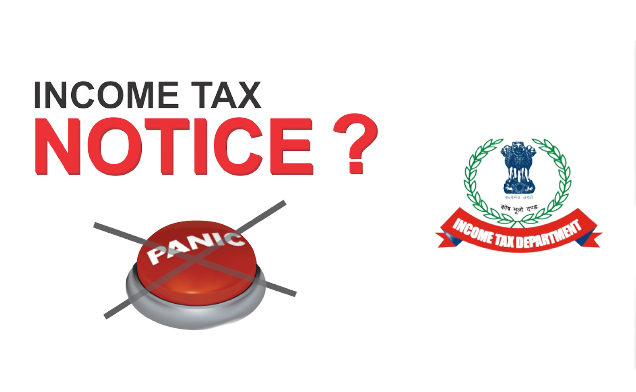Income Tax Notice

Income Tax Notice: Starting Your Business the Right Way
Welcome to our website, your ultimate resource for understanding and responding to income tax notices, demands, and appeals. The Income Tax Department plays a crucial role in the collection of taxes, and it is important for individuals and businesses to be well-informed about the processes involved. In this comprehensive guide, we will explore various aspects of income tax notices, discuss the importance of timely responses, and provide guidance on how to effectively handle such situations.
Understanding Income Tax Notices
Income tax notices are formal communications issued by the Income Tax Department to individuals or organizations for various reasons, such as discrepancies in tax returns, suspected underreporting of income, or other compliance-related issues. These notices serve as a means for the tax department to gather additional information or seek clarification on certain financial matters.
Types of Income Tax Notices
a. Income Tax Notice for Verification: This notice is issued under Section 143(1) of the Income Tax Act and requests the taxpayer to verify the information provided in the tax return.
b. Income Tax Demand Notice: A demand notice is issued when the tax department determines that additional taxes are payable by the taxpayer due to underreported income, miscalculations, or other discrepancies.
c. Notice for Scrutiny Assessment: Under Section 143(2), the Income Tax Department may choose to scrutinize the taxpayer’s return in detail, seeking additional information or supporting documents.
d. Notice for Assessment or Reassessment: This notice is issued when the tax department intends to assess or reassess the taxpayer’s income and tax liability for a particular year.
e. Notice for Penalty Proceedings: If the tax department suspects tax evasion or non-compliance, it may issue a notice to initiate penalty proceedings under various sections of the Income Tax Act.
Responding to Income Tax Notices
a. Promptness: It is crucial to respond to income tax notices within the specified time frame mentioned in the notice. Failing to respond or delaying the response may result in penalties or further legal actions.
b. Thoroughness: Carefully review the notice to understand the nature of the issue and the information or documents required. Seek professional advice, if necessary, to ensure a comprehensive and accurate response.
c. Documentation: Gather all the relevant documents, such as bank statements, investment proofs, and supporting vouchers, to substantiate the information provided in your response.
d. Professional Assistance: In complex cases, involving a tax professional or a chartered accountant can provide valuable guidance in preparing an appropriate response and navigating the intricacies of the tax laws.
Income Tax Demand Notice and Disputes
a. Understanding the Demand: When you receive an income tax demand notice, carefully analyze the calculations and reasons behind the demand. Ascertain whether the demand is valid and accurate, or if there are grounds for challenging it.
b. Seeking Clarification: If you have any doubts or need clarification regarding the demand, consider reaching out to the income tax officer mentioned in the notice. They can provide explanations and address your concerns.
c. Filing an Appeal: If you believe that the demand is unjustified or incorrect, you have the right to file an appeal with the appropriate authority, such as the Commissioner of Income Tax (Appeals) or the Income Tax Appellate Tribunal.
d. Professional Representation: Engaging a tax professional or an advocate with expertise in tax laws can significantly enhance your chances of a favorable outcome during the appeal process.
Income Tax Appeal Process
a. Filing the Appeal: Prepare the appeal memorandum by including relevant facts, grounds for appeal, legal provisions, and supporting documents. Follow the prescribed format and submit the appeal within the statutory time limit.
b. Supporting Documentation: Compile all the necessary documents, such as the income tax notice, demand order, relevant financial statements, and other supporting evidence to strengthen your case.
c. Professional Assistance: Engage a tax professional or an advocate specializing in tax appeals to draft and represent your case effectively. They can navigate the legal complexities, present your arguments persuasively, and increase the chances of a favorable outcome.
d. Attending Hearings: Attend all scheduled hearings and present your case diligently. Be prepared to answer questions posed by the appellate authority and provide additional information, if required.
Conclusion
Dealing with income tax notices, demands, and appeals can be a daunting task, but with proper understanding and guidance, it becomes manageable. By promptly responding to notices, seeking professional assistance when needed, and understanding the appeal process, you can navigate through these challenges effectively. Remember to maintain accurate financial records, stay updated with tax regulations, and ensure compliance to minimize the likelihood of receiving income tax notices. For specific cases, it is always advisable to consult with a tax professional who can provide personalized advice and assistance.

Sign up to our newsletter
Receive latest news, updates and many other news every week.

